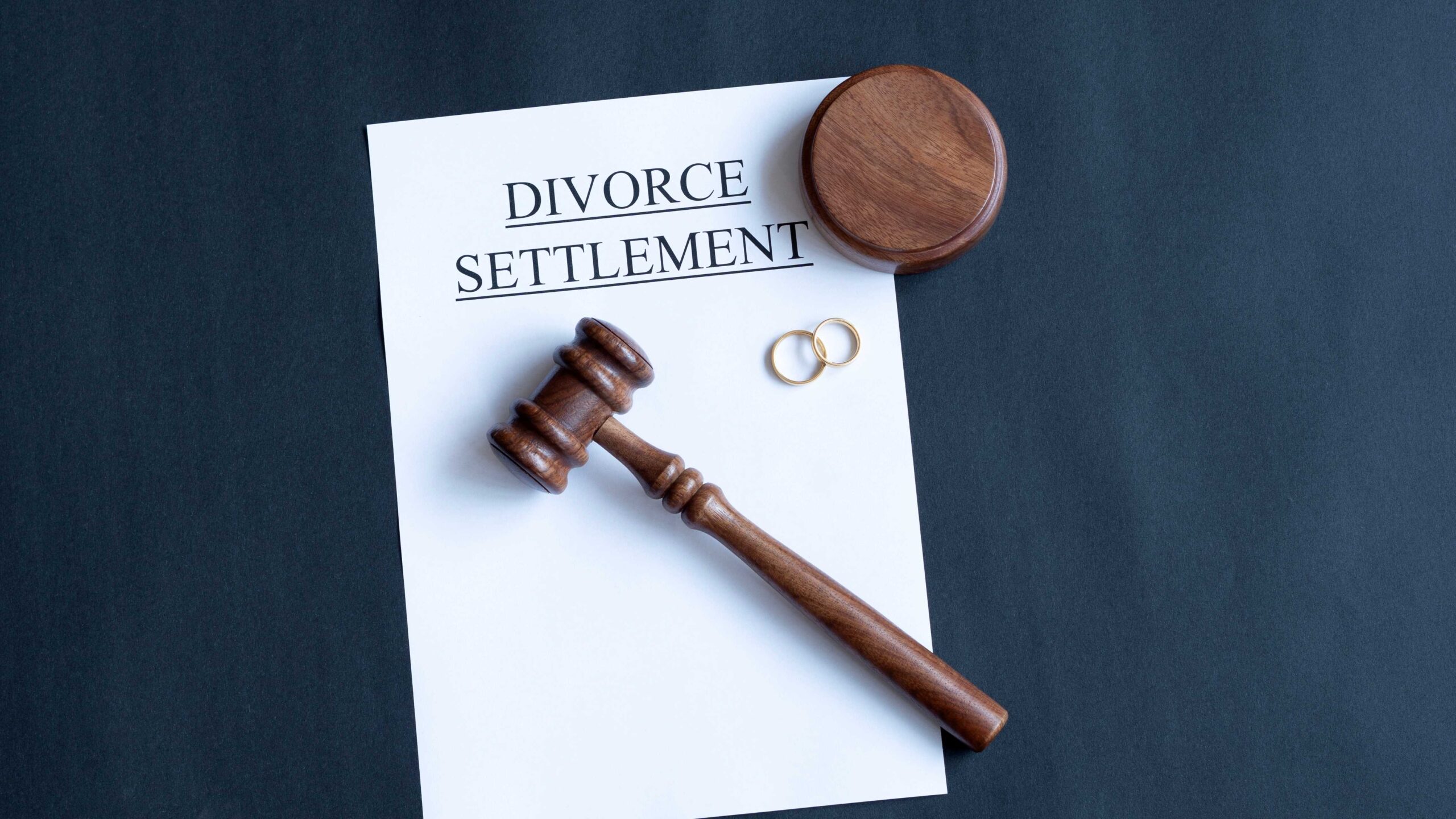
Dealing with marital finances can be one of the most challenging elements of the divorce process. At a time when emotions are often running high, the need to gather financial information to provide a full and frank disclosure of each party’s circumstances, can be a daunting task. Perhaps the most complex area that needs to be considered is each party’s accrued pension rights.
Many people going through divorce are surprised to learn the impact the value of pensions can have on a divorce settlement. Yet, it is an area that those going through marital breakdown often ignore. Research carried out by Opinium for Legal & General found that only 13% of divorcing couples considered pension values when dividing assets. It also found that many are prepared to waive rights to their partner’s pension, potentially missing out on assets that could provide them with a more comfortable retirement.
Why are pensions so important?
For many divorcing couples, the value of pension rights may only rank second to the family home in order of value. Pension assets accrued through an individual’s lifetime should be considered when assessing the total value of marital assets that need to be disclosed, and the division of pension assets often forms part of the financial settlement.
Where pension rights are based on the length of service an individual has accrued, usually called Defined Benefit or Final Salary pensions, a Cash Equivalent Transfer Value (CETV) is usually obtained to provide a current cash equivalent of the rights accrued within the scheme. There have been reports that such calculations are taking many months to produce by schemes such as the NHS, Teachers and Police pensions. There is, sadly, no way of short cutting this process; however, patience may well be rewarded, as anyone with long standing service in a public sector scheme may well have accrued significant pension benefits, even if salaries during their working life were modest.
For those with personal pension savings, high earners or self-employed individuals may well have made substantial pension contributions over time into a personal pension, which can build into a sizeable pension pot. Assessing the value of such pension arrangements is more straightforward, although many people accrue pensions through several arrangements throughout their working life, and it may take time to uncover all pension accounts held.
Whilst most pension assets can be included in the financial assessment, State Pension provision is usually ignored.
Options for division
There are three major routes to dividing pension assets on divorce. The first is “Offsetting”, whereby the value of pension rights are retained by the individual and offset against the value of another marital asset, such as a property, savings or investments. For example, one party may forego any rights to the other party’s pension, if they retain a marital property.
Pension “Earmarking” is a less common approach, whereby rights in the pension scheme are carved out for the other marital party, but stay within the scheme. These pension benefits are then paid to the other party when they reach the normal pension age for the scheme.
Pension “Sharing” is more popular. This is where pension rights are physically divided and paid across to a new or existing pension in the other party’s name. The major benefit of this approach is to enable both parties to enjoy a “clean break” and choose how and when to take their pension benefits.
Deciding on which option to consider can be further complicated by the rules of each pension arrangement. For example, some pension schemes may not offer the ability to earmark pension rights for a spouse.
How advice can help
Financial planning advice can make a real difference to divorcing couples holding pension assets. Working in conjunction with legal professionals, our experienced advisers can consider the options for marital assets, including pensions, and provide advice, by taking a holistic approach.
Where pension assets are complex, it may well be necessary to commission an Actuary Report, which is often prepared to assess the pensions held by both spouses. Such reports not only review the value of pensions but provide calculations on the likely income each party would receive in retirement, using a range of assumptions. These reports can be long and difficult to understand. Our experienced team can review the report and use the findings to help individuals make appropriate plans for existing pension arrangements they may receive as part of a pension sharing order, or assist those whose pensions are to be split to make the right decision on which pensions are divided or transferred.
For divorcing parties, the temptation is to focus on short-term financial needs, rather than long-term goals. This is where independent advice can add value by assessing your overall financial circumstances, including pensions. We can undertake cash-flow analysis to demonstrate the potential outcome in retirement, based on which action is taken with pension credits and how these interact with other savings and investments, to build a comprehensive financial plan.
If the chosen route is to use a Pension Sharing order, we can help provide advice on how the pension credit is invested. It is crucial that a Pension Sharing Order is implemented promptly and accurately, and our administration team can work closely with pension providers to expedite the process.
At FAS, we provide truly independent financial advice, taking into account all aspects of our clients’ financial circumstances. Our advisers are experienced in assisting those going through divorce and are very used to working collaboratively with other professionals, such as Solicitors. Speak to one of our advisers to start a conversation.









